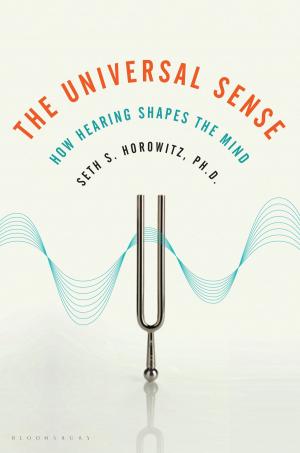The Relativistic Brain
How it works and why it cannot be simulated by a Turing Machine
Nonfiction, Computers, Advanced Computing, Artificial Intelligence, Science & Nature, Science, Biological Sciences, Biology| Author: | Ronald Cicurel, Miguel Nicolelis | ISBN: | 1230002878485 |
| Publisher: | Kios Press | Publication: | June 3, 2015 |
| Imprint: | Language: | English |
| Author: | Ronald Cicurel, Miguel Nicolelis |
| ISBN: | 1230002878485 |
| Publisher: | Kios Press |
| Publication: | June 3, 2015 |
| Imprint: | |
| Language: | English |
In addition to disclosing a new brain theory, we also
present in this monograph a series of arguments to counter the
hypothesis, known as computationalism, that complex brains like
ours resemble digital computers and, as such, could be
reproduced or simulated by software running in a sophisticated
supercomputer. For quite some time now, many computer
scientists involved in artificial intelligence research have argued
that most, if not all, complex functions generated by animal
brains, including our own, will soon be effectively simulated by
algorithms running on digital computers. Such a proposition is
not completely new, since similar claims have been made since
the days of Georges Boole and Alan Turing. Today, this
computationalism view states that since the brain is a physical
entity, it must obey the laws of physics which can be simulated
on a digital computer.
In addition to disclosing a new brain theory, we also
present in this monograph a series of arguments to counter the
hypothesis, known as computationalism, that complex brains like
ours resemble digital computers and, as such, could be
reproduced or simulated by software running in a sophisticated
supercomputer. For quite some time now, many computer
scientists involved in artificial intelligence research have argued
that most, if not all, complex functions generated by animal
brains, including our own, will soon be effectively simulated by
algorithms running on digital computers. Such a proposition is
not completely new, since similar claims have been made since
the days of Georges Boole and Alan Turing. Today, this
computationalism view states that since the brain is a physical
entity, it must obey the laws of physics which can be simulated
on a digital computer.















